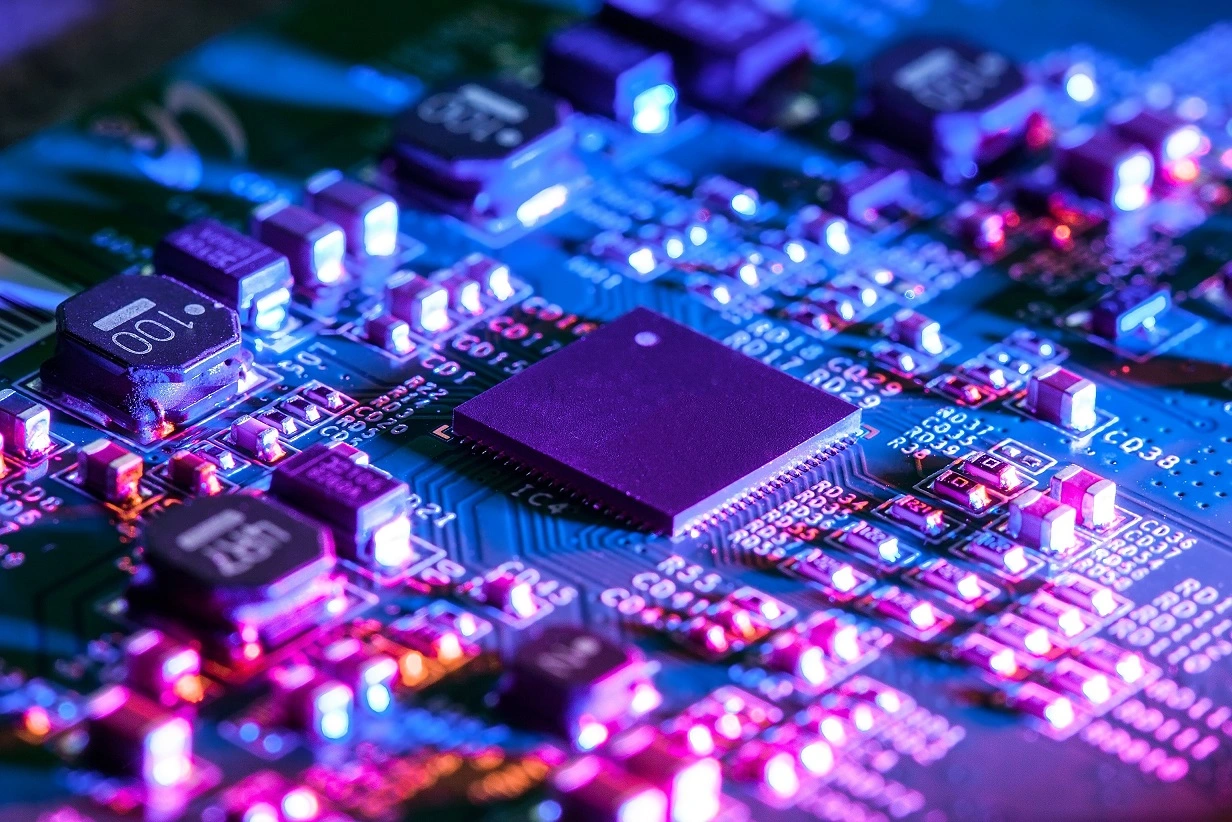
The Department of EEE has been a pioneer in the field of Electrical and Electronics Engineering, with core Research and Development in Power Electronics and Power Systems for many decades. The department has well equipped, state of art of laboratory facilities Engineering Practices Lab, Electric circuits Lab, Linear and Digital Integrated Circuits Lab,Computer programming Lab, Electrical Machines I & II Lab, Control and Instrumentation Lab, Power Electronics Lab, Microprocessors and Micro-controllers Lab and Power System Simulation Lab.
The department has a dedicated team of faculty members with high industrial/research and teaching experience. The department offers excellent infrastructure and resources in the form of well-equipped laboratories, Industry oriented Lab facility and a library having a vast collection of informative books.
Duration: 4 Year
Eligibility: 12th / Diploma
Course Fee: As per Anna University Regulation Fees
THE VISION
"To be recognized as a centre of excellence for producing competent and ethical electrical engineers who can address societal, environmental and industrial challenges using innovative technologies requires a strategic approach."
THE MISSION
- To offer good quality under graduate and post graduate programmers, research and development in electrical and electronics engineering.
- To provide state of the act resources that contributes to achieve excellence in teaching learning, research and development activities.
- To bridge the gap between industry and academia by framing curriculum and syllabus based on industrial and societal need.
The B.E degree program is designed to achieve a balance between depth of knowledge acquired through specialization and breadth of knowledge gained through exploration. The undergraduate degree courses offered by the department provide a comprehensive foundation in the core topics of EEE coupled with an area of specialization relevant to emerging engineering challenges.
The curriculum has been designed to create professional electrical and electronic engineers, who can serve in the fields of core electrical engineering, information and communication systems, and other related fields.
- Electrical Machines Lab
- Control & Instrumentation Lab
- Power Electronics Lab
- Circuit Theory Lab
In EEE, there is growing awareness that the future training and education of electrical engineers in the industry needs to be in the area of highly efficient, industry-relevant skills formation, to enable frequent and rapid deployment of professional skills in new areas. As a step in this direction, the postgraduate programs in power electronics & drives and in power systems were evolved.
- Power Electronics Lab
- Drives Lab
The research division covers various aspects of electrical engineering. There is an active and growing area of research in the field of power electronics & drives, power system, Control System and Instrumentation. The research group focuses on power electronic devices and integrated circuits, and their uses in various applications. Other major research strands include SMART GRID and their integration in power systems, Controllers, Bio medical image processing.